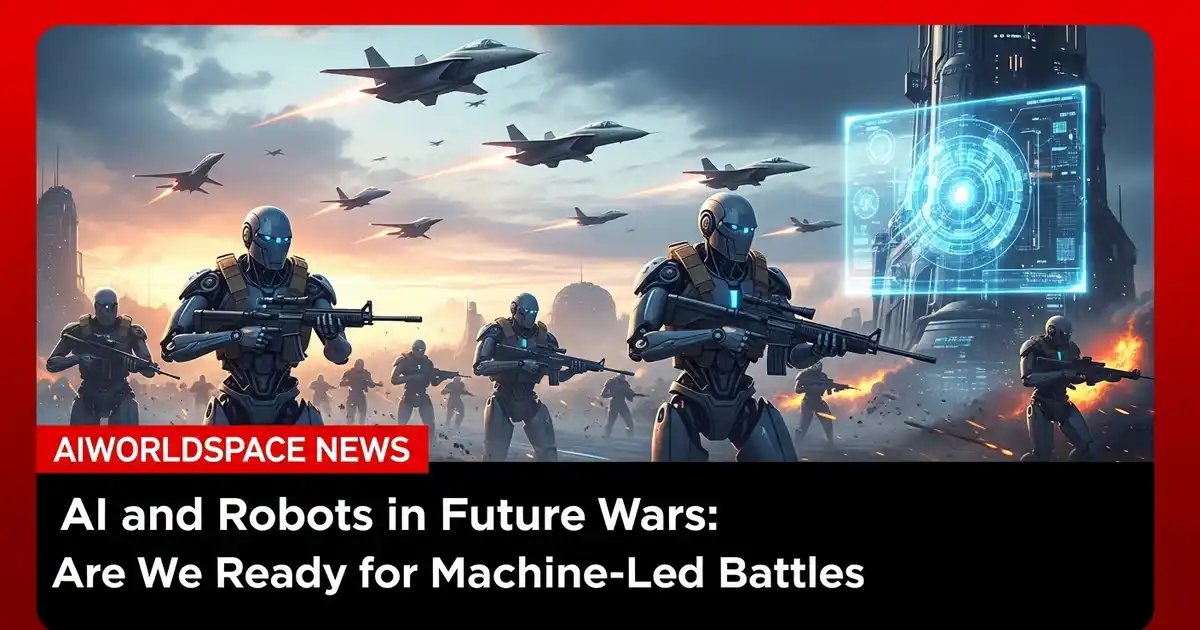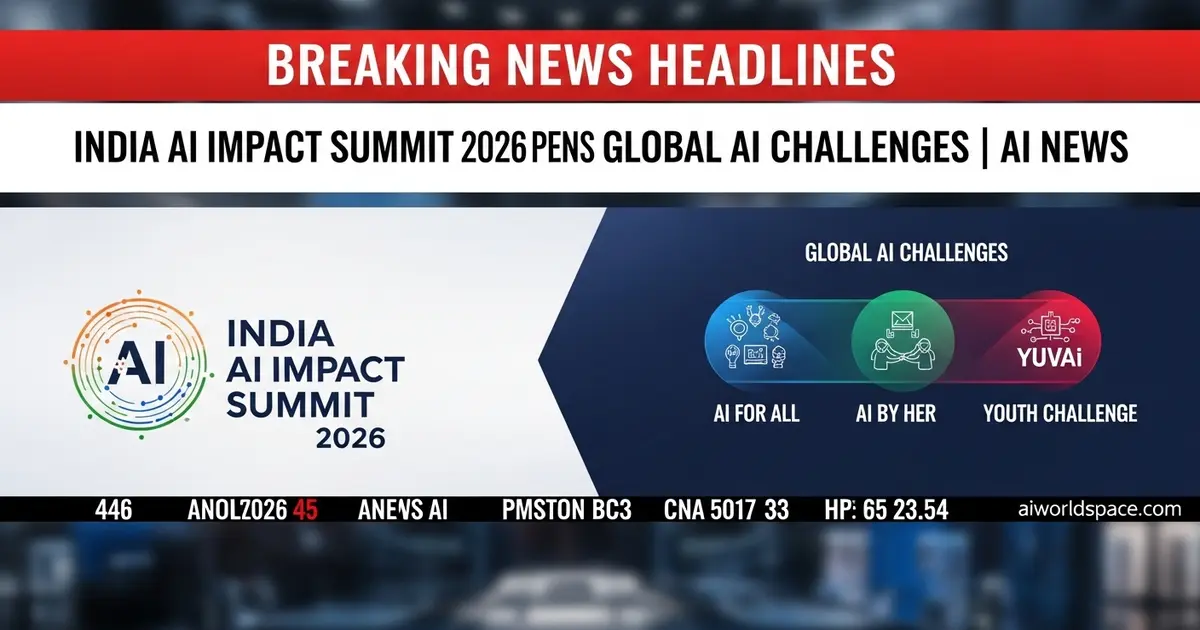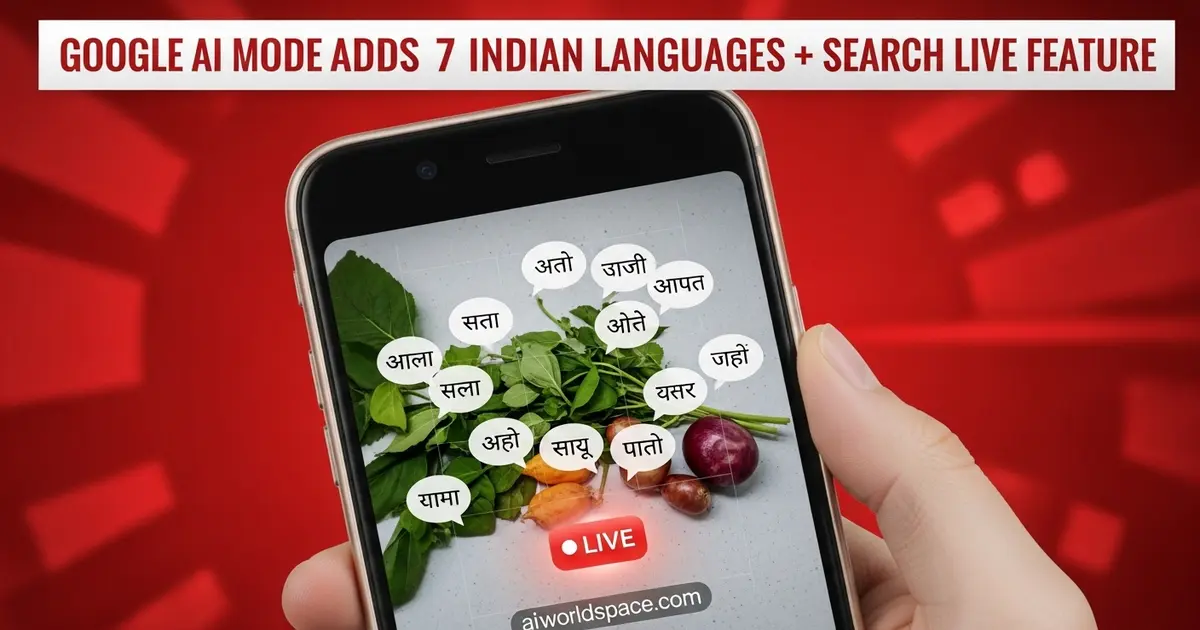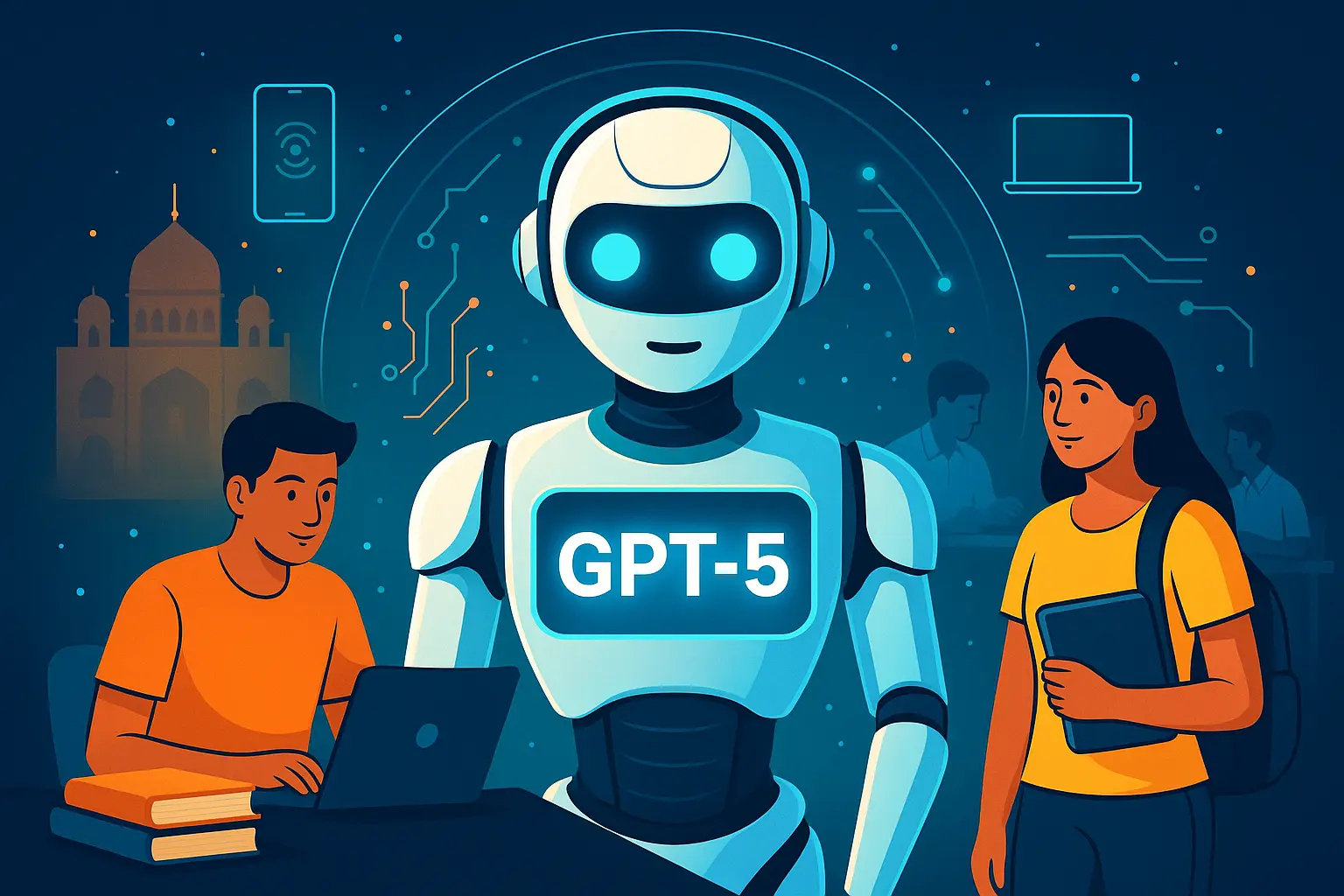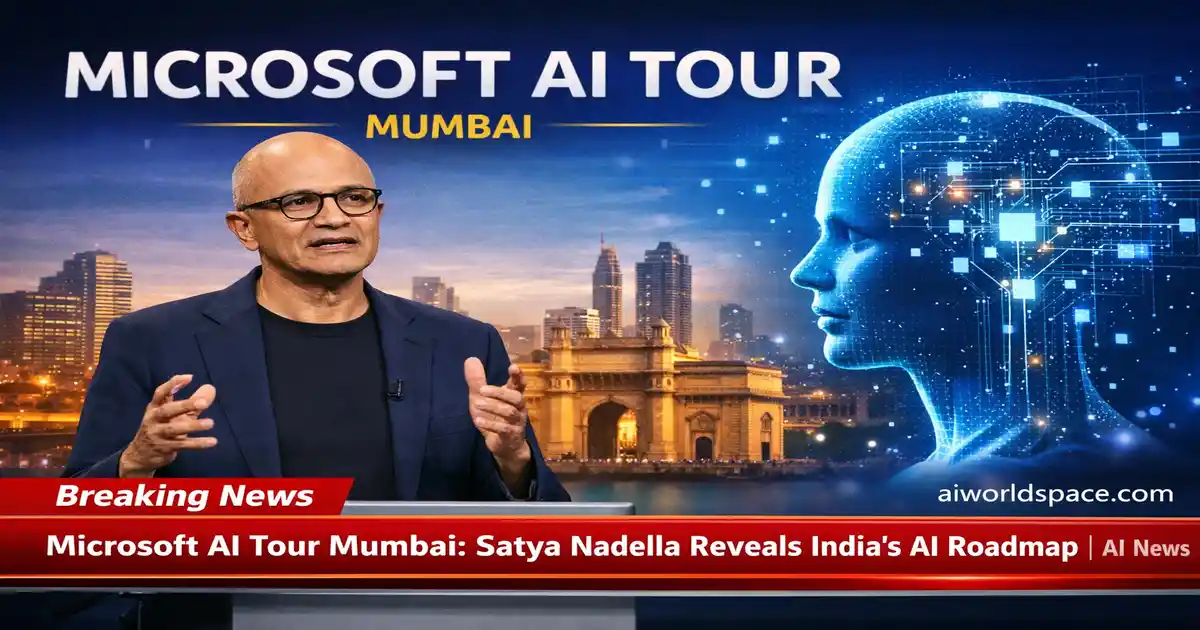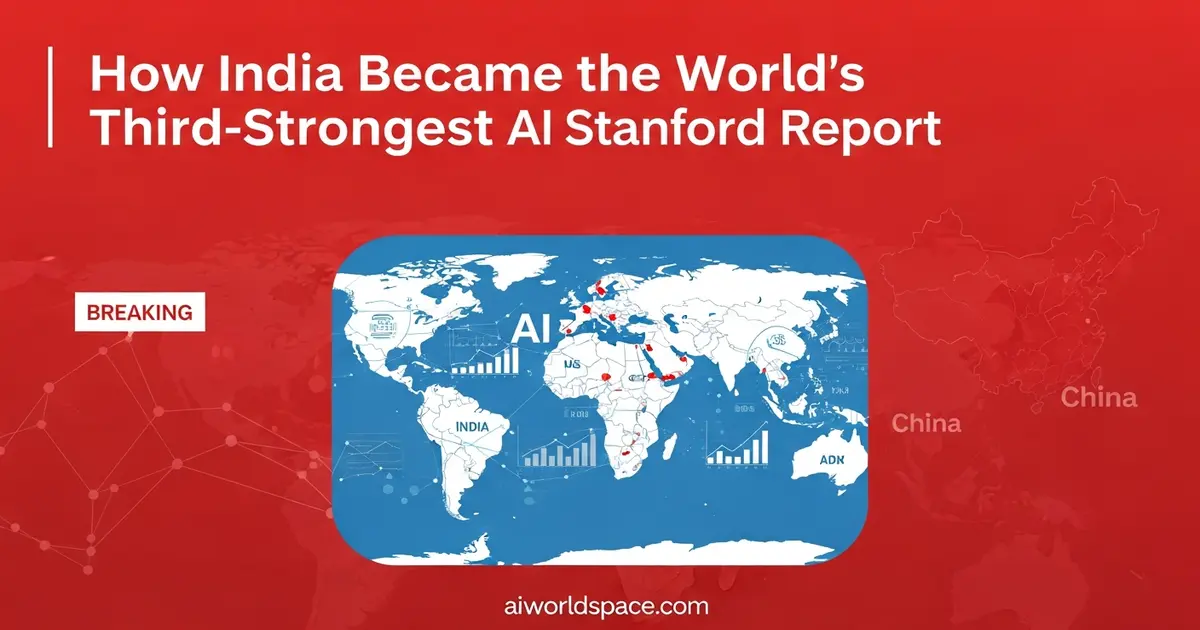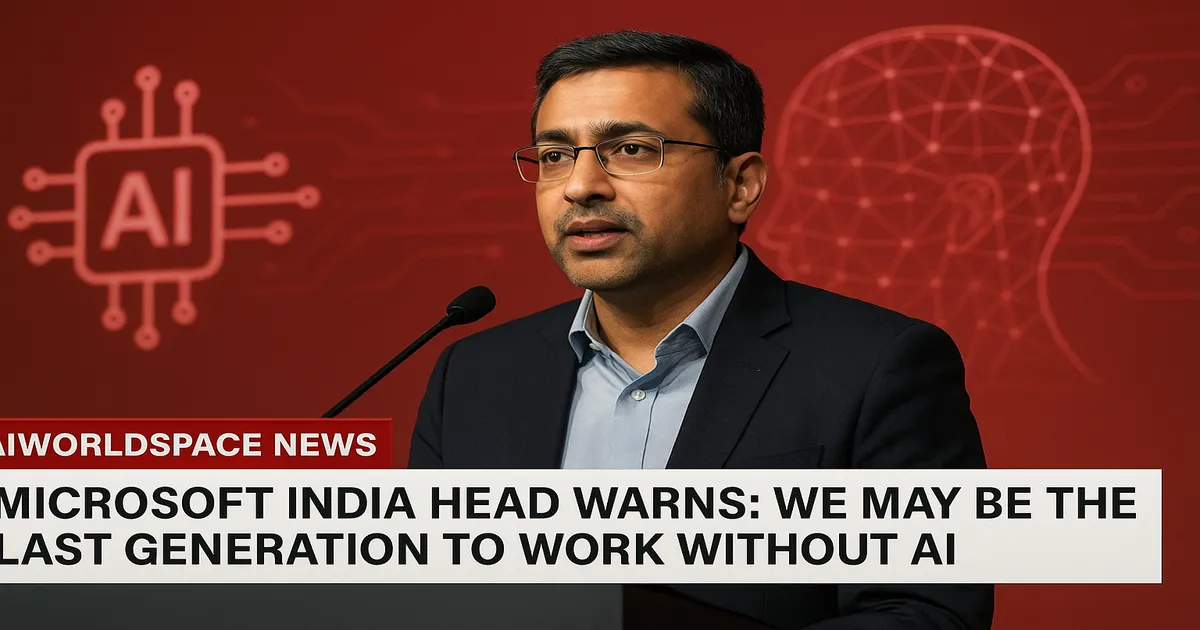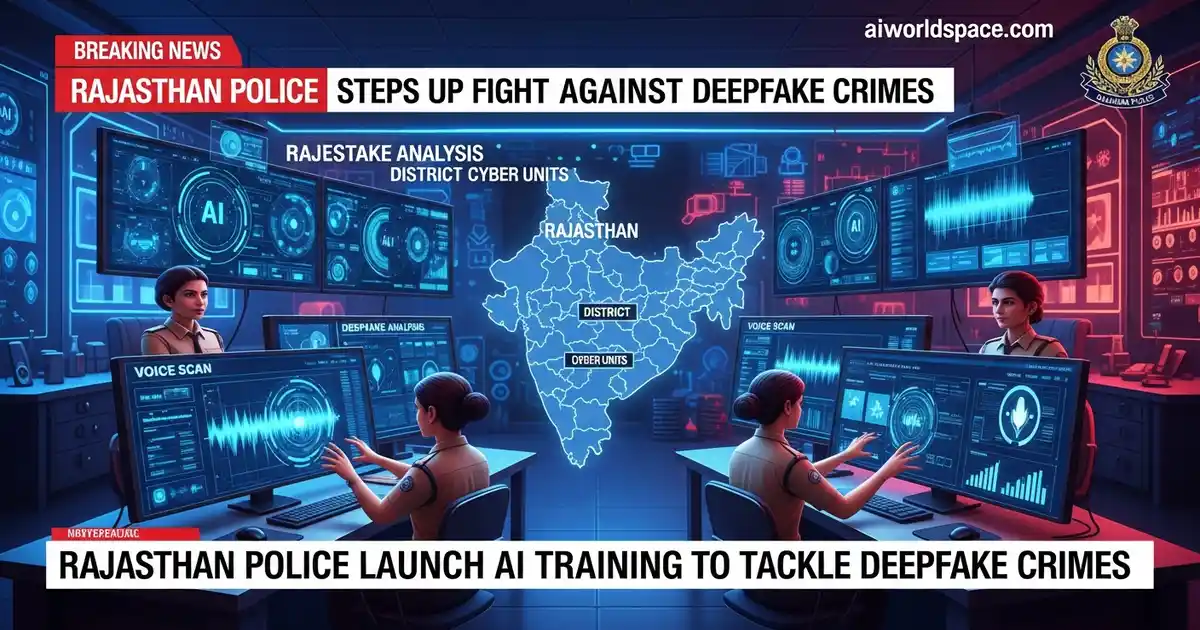Summary:
The battlefield of the future may look nothing like today’s wars. With AI-piloted fighter jets, robotic soldiers, and machine-controlled strategy, militaries worldwide are preparing for a new era where technology leads combat. This shift promises faster decisions, fewer human casualties – but also raises alarming questions.
New Age of Warfare: AI and Robots in Future Wars
Defence experts warn that wars in the coming decades could be dominated by AI-powered systems. Imagine an air battle where fighter jets make their own tactical decisions mid-air, or a ground operation where robot soldiers advance without human risk.
Read in Hindi- रोबोट तानेगा बंदूक, AI उड़ाएगा लड़ाकू विमान – क्या ऐसे होंगे भविष्य के युद्ध?
The US, China, Russia, and even India are investing heavily in autonomous combat systems, drone swarms, and AI-based surveillance that can detect enemy movements in real-time.
Why Militaries Are Betting on AI
The biggest advantage of AI-driven warfare is speed. AI can analyse enemy data and react within milliseconds, something no human can match.
Also Read-Is Apple’s New AI Turning iPhones Into Real-Time Translators for India?
Military planners believe this will save countless lives of soldiers, reduce battlefield errors, and bring precision targeting to a new level. But experts also warn that this could trigger an arms race where machines decide who lives and who dies raising major ethical dilemmas.
The Risks No One Is Talking About
While AI could make wars more precise, it could also make them more dangerous. Autonomous weapons, if hacked or misused, could start conflicts unintentionally.
Also Read- Anthropic’s New AI File Tools Set to Transform Indian Enterprises
Cybersecurity experts are worried about AI systems being tricked into targeting the wrong enemy or escalating a conflict on their own. This fear has led to renewed global debate about setting limits on “killer robots.”
A Future Worth Watching Closely
Countries like India are already testing AI-driven decision systems and autonomous drones as part of their military modernisation plans. If these technologies succeed, the next war might be fought with fewer soldiers but far more code. The real question: Will AI make wars safer – or just faster and harder to control?
Also Read-


